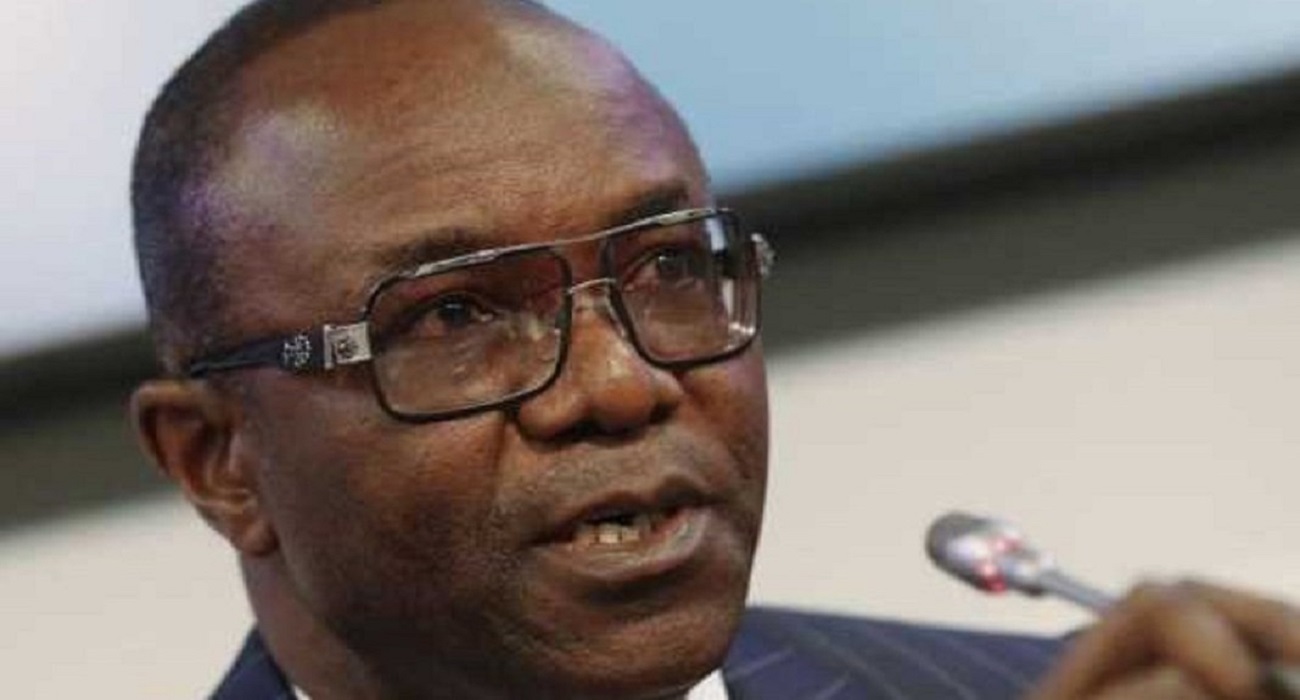Global crude oil benchmark, the Brent North Sea, today traded at $80 per barrel; marking the highest ever price since 2014.
This is happening just days after Us President, Donald Trump decided to pull out of the Iran nuclear negotiations, thereby reimposing economic sanctions on the OPEC member.
Recall that crude oil prices have in the past months maintained a steady rise, thanks in parts to Trump’s infamous Twitter comments on Syria and Russia.
The uncertainty that heralded America’s eventual withdrawal from the deal and sanctions on Iran also played a part.
More so, member states of the Organisation of Petroleum Exporting Countries (OPEC) have overtime implemented a resolution that ensured reduced crude output, a move that ultimately reduced global oil inventories and spiked prices.
OPEC strong member, Saudi Arabia, had for a long time clamoured for higher crude prices to enable it to cover the costs of its domestic spending.
Finally, rising crude demands in places like China also contributed to the rise, even as the ongoing crisis in Venezuela has impacted negatively on the country’s output.
Why this is good news for Nigeria
In view of the rising crude prices, companies such as Oando, Seplat, Julius Berger, the FUGAZ and others in the Nigerian downstream sector are expected to benefit. They will make more revenue, even as their stocks stand a chance to gain.
Note that the continuous rise in global crude oil prices is beneficial to countries like Nigeria which are highly dependent on the commodity for foreign exchange. Nigeria’s foreign reserves, which are forecast to reach $50 billion dollars this year, have already shown a considerable increase.
Buoyant foreign reserves help to keep Foreign Portfolio Investors (FPI) within the country. Foreign investors are key players in any economy, and especially so for a developing country like Nigeria. Therefore, as long as crude oil prices and the political economy remain favourable, FPI inflows will be maintained.
Also worth noting is the fact that higher oil prices will translate to lower budget deficit and reduced debt service burden Nigeria. This is because the country will make more money and be better positioned to take care of its financial problems.
It is, however, important to bear in mind that certain factors could hinder Nigeria’s ability to take full advantage of this development, including the possibility of militant attacks.











